Question And Answer
Publications
Articles, publications, books, tools and multimedia features from the U.S. Institute of Peace provide the latest news, analysis, research findings, practitioner guides and reports, all related to the conflict zones and issues that are at the center of the Institute’s work to prevent and reduce violent conflict.
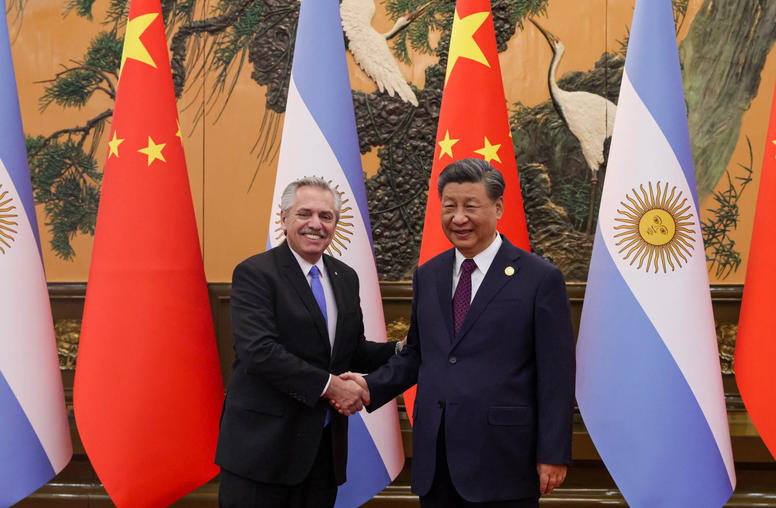
U.S. Needs to Invest More in Latin America to Counteract China in the Region
Amid ongoing U.S.-China competition, Summers’ observation encapsulates one of the key reasons for China’s success across the Global South — particularly in Latin America and the Caribbean. China delivers when it comes to building infrastructure, whether it’s airports and sports stadiums or 5G networks courtesy of Huawei and ZTE.
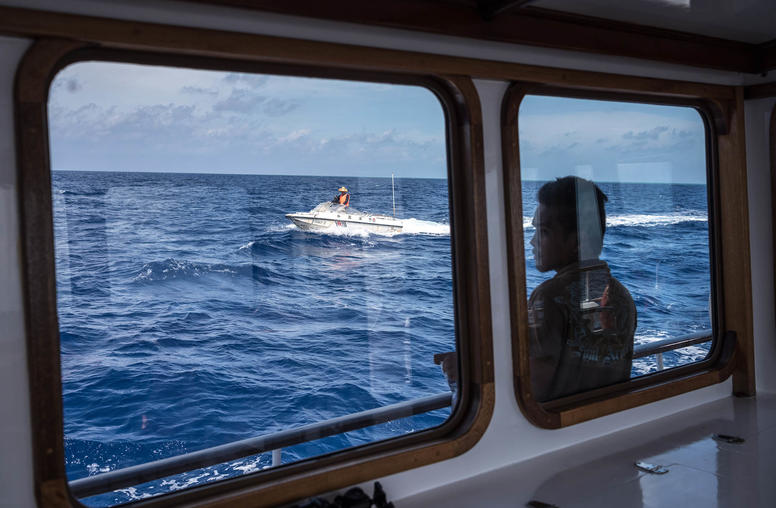
Amid China Tensions, the Philippines Relies on Alliances and Rule of Law
A diplomatic win, many people said about the announcement of a hotline between the Philippines and China. This was one of the highlights of President Ferdinand Marcos Jr.’s trip to China in January 2023, where he and Chinese President Xi Jinping established a direct line of communications between their two capitals. Specifically, the line would be between departments in each country’s foreign affairs ministries that deal with maritime and border issues. The objective was to prevent the escalation of tension in the West Philippine Sea (also referred to as the South China Sea).

Mary Speck on Guatemala’s Protests
President-elect Bernardo Arevalo’s electoral victory in August “has not sat well with the political establishment” in Guatemala, says USIP’s Mary Speck, and their attempts to undermine the transition have been met by popular protests led by Indigenous leaders advocating “on behalf of democracy.”
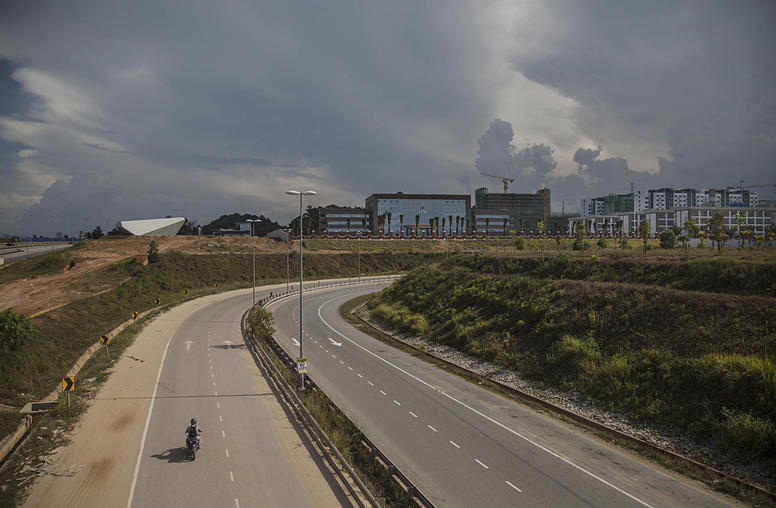
Active Neutrality: Malaysia in the Middle of U.S.-China Competition
From its experience of centuries-long colonization to dealing with decades-long Cold War politics, Malaysia is no stranger to navigating major power competition, which it sees as a recurring reality in international politics. Today’s U.S.-China rivalry is just the latest round — it is not the first and it will not be the last. Still, it is important to consider how U.S.-China competition impacts Malaysia and how it, like other small and secondary states in the region, seeks to exercise agency. Even as this major power rivalry intensifies and limits the country’s space for maneuvering, Malaysia insists on employing “equidistant diplomacy” to hedge against multiple risks and cultivate long-term options.

Keith Mines on the New Multinational Security Force for Haiti
The U.N. Security Council approved a multinational security force to address Haiti’s rampant gang violence — but another major challenge will be the volatile political environment. “There’s a lot of work just on government capacity,” says USIP’s Keith Mines. “It would behoove the international community to buckle down and build that capacity.”
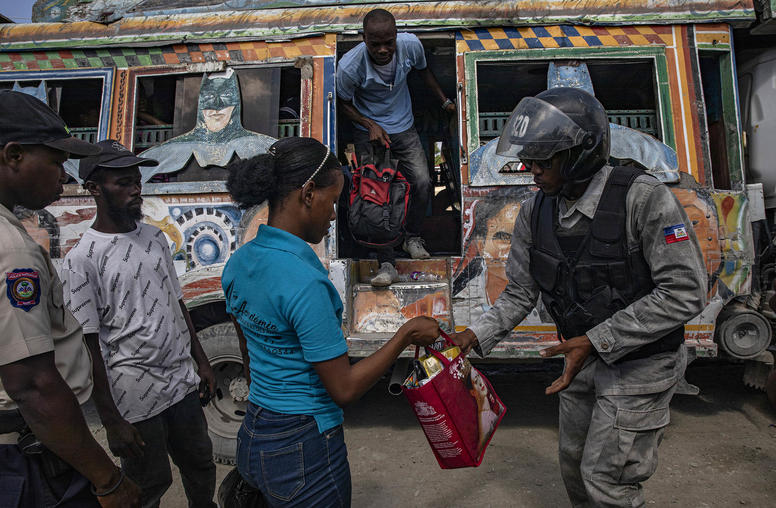
Haiti Needs a Political Dialogue Alongside the Multinational Security Mission
This week, the U.N. Security Council voted to send a multinational armed force to Haiti in the hopes of addressing the beleaguered Caribbean nation’s rampant gang violence and instability. While there is not yet an official timeline for its deployment, the Kenyan-led force will face a complex security environment — one that has been made all the more daunting by Haiti’s ongoing political turmoil. Whether the mission succeeds will hinge not only on the deployed force’s ability to quickly establish peace, but whether or not it can pave the way toward a meaningful and democratic government reset in the historically tumultuous country.

Haïti a besoin d'un dialogue politique parallèlement à la mission de sécurité multinationale
Cette semaine, le Conseil de sécurité de l'ONU a voté en faveur de l'envoi d'une force armée multinationale en Haïti dans l'espoir de faire face à la violence endémique des gangs et à l'instabilité qui sévissent dans la nation caribéenne en difficulté. Bien qu'il n'y ait pas encore de calendrier officiel pour son déploiement, la force dirigée par le Kenya sera confrontée à un environnement sécuritaire complexe, d'autant plus rendu redoutable par les troubles politiques persistants en Haïti. Le succès de la mission dépendra non seulement de la capacité de la force déployée à établir rapidement la paix, mais aussi de sa capacité à ouvrir la voie à une réinitialisation gouvernementale significative et démocratique dans ce pays historiquement tumultueux.
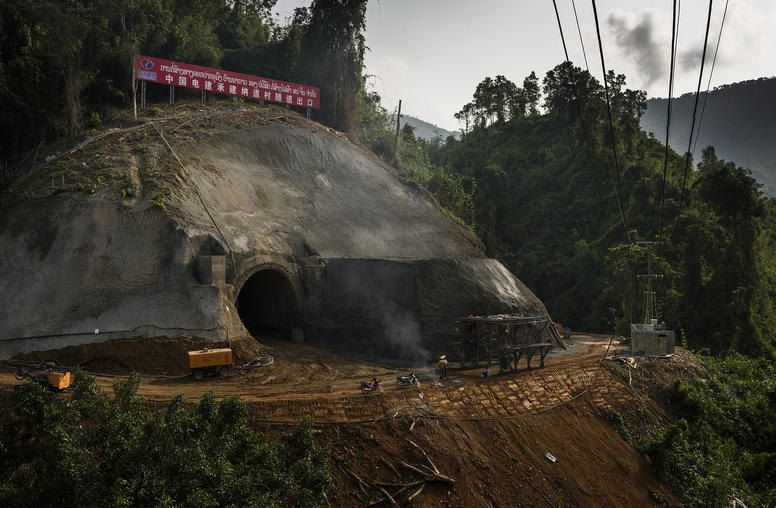
How Laos and Other ASEAN Countries Can Leverage U.S.-China Competition
Recent years have witnessed intensifying U.S.-China competition and tensions in both the political and economic spheres, particularly in areas related to technology, global supply chains, infrastructure connectivity, trade and finance. Southeast Asia has become the center of this strategic rivalry. In the region, the Association of Southeast Asia Nations (ASEAN) has positioned itself as the “central” actor in shaping the regional order and positively engaging with external powers. However, ASEAN’s centrality is increasingly challenged by these two major powers, who have deep and complex ties with Southeast Asia. While this competition poses challenges for ASEAN, there are also opportunities for countries like Laos and others in Southeast Asia to leverage in this tense geopolitical moment.
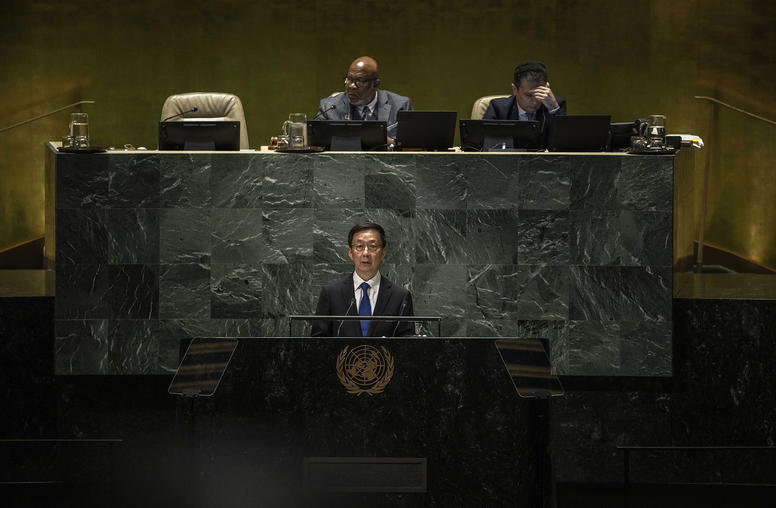
As China Looks to Reform Global Governance, How Does It Approach the U.N.?
As China has increasingly positioned itself as a global leader and foremost champion of the Global South, Xi Jinping and other top Communist Party officials have been vociferous in their critiques of the U.S.-led international order. Through a bevy of initiatives and proposals — like Xi’s Global Security Initiative — offered in recent years, Beijing has made clear that it wants to see a wholesale reform of global governance. At the June 2022 BRICS summit, for example, Xi called for a “new type of international relations” that rejects hegemony and zero-sum thinking. What this ultimately amounts to is Beijing’s effort to undermine U.S. global leadership as the U.S.-China rivalry intensifies.
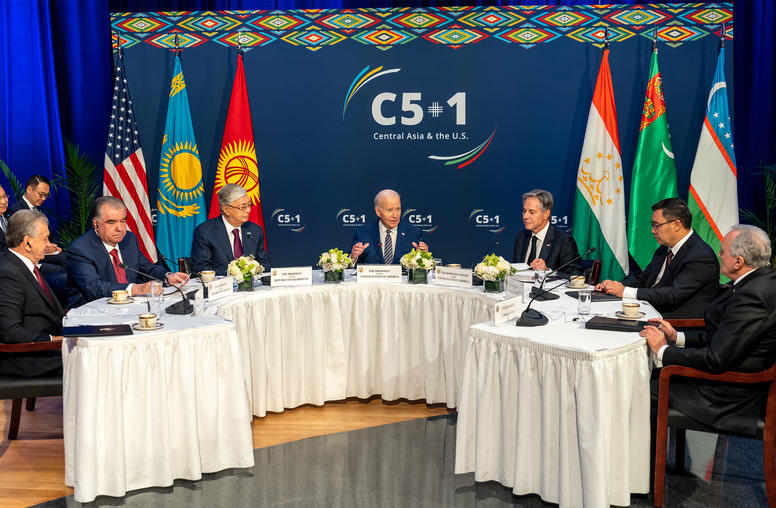
New Central Asian Leaders Look to Balance Relations with Major Powers
For the first time ever, all five presidents of the Central Asian republics (Kazakhstan, Kyrgyzstan, Tajikistan, Turkmenistan and Uzbekistan) met in-person with a U.S. president as part of “C5+1” summit on the sidelines of last week’s U.N. General Assembly.